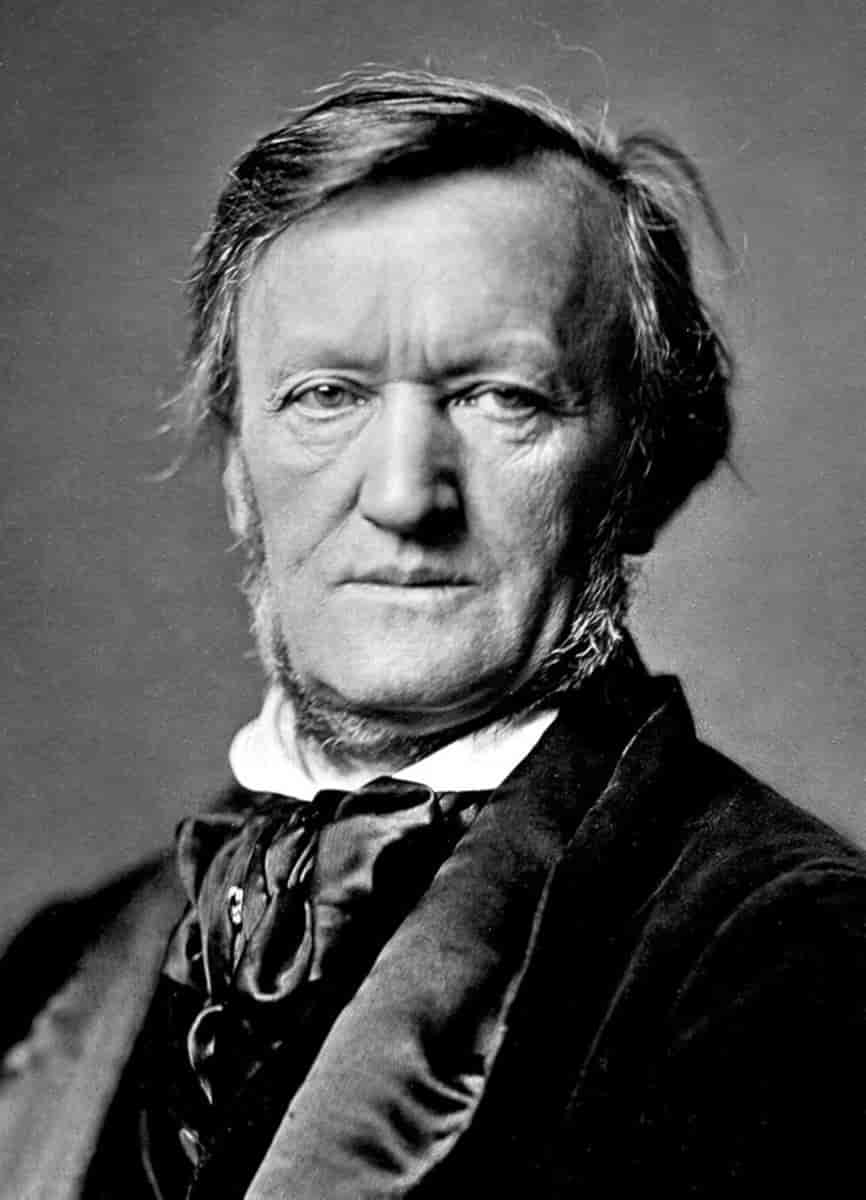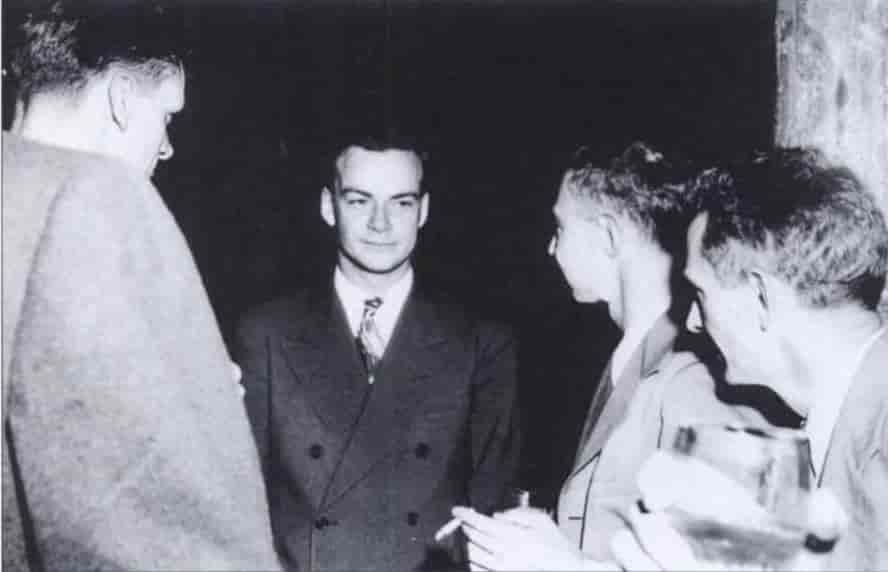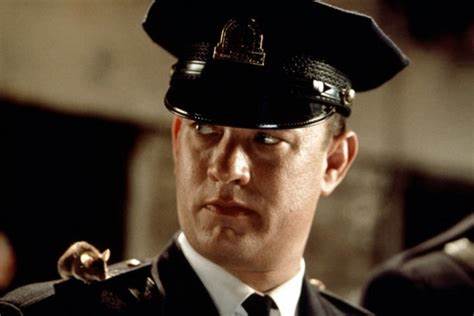
The name ‘Richard’ carries a resonant historical weight, steeped in an etymology that speaks to profound authority and unwavering spirit. Originating from Old Frankish and signifying ‘strong in rule,’ it has been borne by individuals who have, across centuries and continents, left an indelible mark on the tapestry of human endeavor. From the battlefields of medieval Europe to the hallowed stages of modern entertainment, the essence of this name has consistently manifested in figures whose lives define what it means to forge a legendary legacy.
Indeed, when we consider the landscape of entertainment, a name like Richard Chamberlain instantly springs to mind—an American actor whose distinguished career has captivated audiences for decades. His presence on screen and stage embodies a particular kind of ‘strength in rule,’ not through political dominion or military might, but through the mastery of his craft, commanding attention and shaping narratives that resonate deeply with the human experience. Yet, Chamberlain is but one star in a vast constellation of Richards who have, through various forms of influence and achievement, truly lived up to the powerful implications of their shared name.
This article embarks on a journey through the lives of fourteen remarkable individuals named Richard, examining how each, in their unique sphere, has exemplified a legacy of strength, leadership, and lasting impact. While Richard Chamberlain stands as a testament to the name’s prominence in the entertainment world, we shall first explore how this inherent ‘strength in rule’ has manifested in rulers, aristocrats, spiritual guides, political titans, and visionary entrepreneurs, before delving deeper into the profound contributions of Richards across the artistic spectrum, including actors like Chamberlain himself.

1. **Richard I of England or Richard the Lionheart (1157–1199)**To begin our exploration of figures named Richard who have shaped history with a powerful, enduring legacy, one must inevitably turn to Richard I of England, famously known as Richard the Lionheart. Born in 1157 and reigning until 1199, his very appellation speaks volumes of a man whose rule was defined by martial prowess and an indomitable spirit. As King of England, Duke of Normandy, Aquitaine, and Count of Anjou, his vast domains and his leadership during the Third Crusade cemented his image as a quintessential ‘strong ruler,’ a true embodiment of the name’s ancient meaning.
Richard’s legacy is intrinsically tied to the grand narratives of medieval chivalry and kingship. His campaigns in the Holy Land, though ultimately not achieving the reconquest of Jerusalem, showcased a strategic mind and a personal bravery that inspired both his allies and his adversaries. The perception of him as a fearless warrior, commanding respect and wielding formidable power, contributed significantly to his legendary status, creating an archetype of the heroic monarch that would echo through centuries of historical and literary accounts. He was a king who led from the front, whose presence on the battlefield was said to invigorate his troops and strike fear into the hearts of his enemies.
Beyond his military exploits, Richard the Lionheart’s reign, though often conducted from afar, profoundly influenced the political landscape of England and mainland Europe. His diplomatic maneuvers, his alliances, and even his capture and ransom had far-reaching consequences, demonstrating that his ‘strength in rule’ extended beyond mere physical might to encompass the intricate web of medieval power dynamics. He understood the intricate dance of international relations, even in an era defined by brutal conflict, often leveraging his strategic position to secure his interests and maintain the stability of his expansive territories.
His memory has been immortalized not just in historical texts but in folklore, literature, and art, making him one of the most celebrated and romanticized figures in English history. The enduring image of Richard the Lionheart, a name synonymous with courage and regal authority, continues to resonate, proving that his impact transcended his lifetime. He remains a powerful symbol of what it means to be a leader who, despite all challenges, leaves an unshakeable and truly legendary legacy, solidifying the profound connection between his name and the concept of powerful governance.

2. **Richard Neville, 16th Earl of Warwick (1428–1471)**From the undisputed monarch, we transition to a figure whose ‘strength in rule’ was exercised through unparalleled influence and strategic mastery: Richard Neville, the 16th Earl of Warwick. Born in 1428 and meeting his end in 1471, Warwick was not a king by birth, yet his nickname, ‘the Kingmaker,’ speaks volumes of his extraordinary power during the tumultuous Wars of the Roses. He exemplified a different facet of the name ‘Richard’s’ meaning, demonstrating how immense personal authority and political acumen could shape the destiny of nations and royal houses.
Warwick’s influence stemmed from his vast landholdings, extensive network of retainers, and his cunning ability to navigate the treacherous political currents of 15th-century England. He was a master of political maneuvering, capable of raising armies, forging alliances, and shifting allegiances with calculated precision. His decisions could elevate or depose monarchs, truly making him a pivotal force in an era where loyalty was fluid and power was constantly contested. His every move had the potential to alter the very course of English history.
His life story is a compelling narrative of ambition, power, and ultimately, the precariousness of even the most formidable influence. Warwick played a crucial role in the deposition of King Henry VI and the ascension of Edward IV, only to later depose Edward and restore Henry. This complex dance of power illustrates his unparalleled ability to control the levers of government, underscoring the formidable ‘strength in rule’ he commanded, albeit from behind the throne. His impact was not merely felt but fundamentally shaped the identities of the English monarchy and aristocracy.
Richard Neville’s legacy is one of a man who, without a crown, wielded power equivalent to any king, fundamentally altering the course of English history through his strategic genius and unwavering resolve. He remains an emblem of the profound impact an aristocrat could have, a true ‘strong ruler’ in the intricate, often brutal, game of medieval politics. The story of the Kingmaker serves as a powerful reminder that leadership and the ability to influence are not solely tied to hereditary titles but can be forged through sheer will and political sagacity.

3. **Richard Baxter (1615–1691)**Moving beyond the temporal powers of kings and earls, we encounter Richard Baxter, a figure whose ‘strength in rule’ manifested in the spiritual and intellectual realms. Born in 1615 and living until 1691, Baxter was a prominent English Puritan church leader, poet, and hymn-writer, whose influence radiated through his profound theological works and his dedication to pastoral care. His legacy demonstrates that leadership can be profoundly shaped by moral conviction and the power of the written word, guiding countless individuals through faith and introspection.
Baxter’s intellectual contributions were immense, producing a prolific body of work that explored Christian doctrine, ethics, and practical piety. His writings, such as ‘The Saints’ Everlasting Rest’ and ‘A Call to the Unconverted,’ became cornerstones of Puritan thought, reaching wide audiences and shaping the spiritual landscape of his time. He was a pastor whose influence was not confined to a single congregation but extended across the nation, demonstrating a unique form of ‘rule’ over the hearts and minds of a generation wrestling with complex religious and political shifts.
His life spanned one of the most turbulent periods in English history, encompassing the English Civil War, the Interregnum, and the Restoration. Amidst this upheaval, Baxter remained a steadfast voice, often navigating persecution and political pressure with remarkable resilience. His commitment to his principles, even when facing significant personal risk, underscored the strength of his conviction and his unwavering dedication to his calling. He sought to bring order and moral clarity to a society grappling with profound divisions.
Richard Baxter’s enduring legacy lies in his role as a spiritual guide and an intellectual force, leaving behind a profound body of work that continues to influence theological thought and Christian practice. He exemplified how a ‘strong in rule’ can manifest through profound moral authority, the power of ideas, and an unwavering commitment to faith, offering a compelling counterpoint to the more overtly political and military figures bearing the same distinguished name. His life is a testament to the enduring power of intellectual and spiritual leadership.

4. **Richard Nixon (1913–1994)**Returning to the highest echelons of secular power, Richard Nixon, born in 1913 and passing in 1994, stands as one of the most complex and consequential figures in American political history. As the 37th President of the United States, his tenure from 1969 to 1974 was marked by both groundbreaking diplomatic achievements and unprecedented political scandal. His life embodies the zenith of ‘strength in rule’ within a modern democratic framework, demonstrating the immense responsibility and formidable challenges inherent in leading a global superpower.
Nixon’s political career, which also included serving as Vice President (1953–1961), was characterized by a tenacious drive and a strategic mind that brought both triumphs and profound controversies. He achieved significant foreign policy successes, most notably opening relations with China and advancing détente with the Soviet Union, fundamentally reshaping the global geopolitical order. These achievements demonstrated a ‘strong in rule’ that extended far beyond national borders, influencing international relations for decades to come. His vision on the world stage was undeniably impactful.
Domestically, his administration navigated a period of intense social and cultural change, including the Vietnam War and the burgeoning environmental movement. His leadership during these turbulent times, though often met with deep divisions, underscored his formidable will and his capacity to push through policy initiatives. He was a president who, for better or worse, always sought to exercise decisive control, leaving an indelible imprint on American policy and governance. The era was one of significant challenge, and he faced it with characteristic determination.
Richard Nixon’s legacy is undeniably multifaceted, a testament to the profound and sometimes contradictory nature of power. Despite the controversies that ultimately led to his resignation, his impact on American politics and international relations remains a subject of ongoing study and debate. He stands as a powerful example of a ‘strong in rule’ figure whose life defined an era, reminding us that the name ‘Richard’ has been consistently associated with individuals who wield immense authority and leave an inescapable mark on history, even when facing the most profound personal and public adversities.

5. **Richard Branson (born 1950)**Shifting our focus to the dynamic world of global commerce and innovation, Richard Branson, born in 1950, represents a contemporary embodiment of the ‘strong in rule’ ethos through entrepreneurial vision and audacious risk-taking. As the founder of the Virgin Group of companies, his career is a vivid testament to the power of relentless ambition, creative disruption, and an almost playful approach to empire-building. Branson demonstrates how the inherent strength implied by the name ‘Richard’ can translate into economic and cultural influence on a massive scale.
Branson’s business philosophy is characterized by a willingness to challenge established industries and expand into incredibly diverse sectors, from music and airlines to telecommunications and space tourism. His ability to identify new opportunities, build compelling brands, and motivate diverse teams showcases a unique form of leadership—one built not on traditional hierarchies, but on charisma, innovation, and a genuine passion for his ventures. This ability to consistently reinvent and expand reflects a powerful, guiding hand in the marketplace.
His entrepreneurial journey has not been without its challenges, yet his resilience and persistent pursuit of audacious goals have solidified his status as a global business icon. Branson’s public persona, often associated with daring feats and adventurous spirit, further amplifies the ‘strong in rule’ aspect of his leadership, projecting an image of a leader unafraid to venture into uncharted territories. He actively cultivates a brand identity that reflects his personal values of innovation and boundary-pushing.
Richard Branson’s legacy is one of an innovator who has continuously pushed the boundaries of what is possible in business, demonstrating that ‘strength in rule’ can be expressed through market leadership, brand loyalty, and an inspiring entrepreneurial spirit. His impact extends beyond mere financial success, influencing popular culture and inspiring a generation of aspiring entrepreneurs. He stands as a vibrant, living example of how the name Richard continues to be associated with individuals who command attention and shape their respective worlds with unwavering resolve and visionary zeal.
6. **Richard Wagner (1813–1883)**Venturing into the profound and evocative realm of music, Richard Wagner, born in 1813 and passing in 1883, exemplifies a ‘strength in rule’ that transcended politics or commerce, establishing dominion over an entire art form. As a German composer, writer, conductor, and theatre director, Wagner was a titan whose revolutionary approach to opera fundamentally reshaped Western classical music, leaving a legacy of monumental works that continue to provoke and inspire. His influence was not merely musical; it was a comprehensive artistic vision that sought to unite all art forms into a singular, overwhelming experience.
Wagner’s ambition was to create what he called ‘Gesamtkunstwerk’ – a total work of art – where music, drama, poetry, and visual spectacle coalesced into a unified, immersive experience. His epic operas, such as ‘The Ring Cycle,’ are characterized by their intricate leitmotifs, rich orchestration, and profound philosophical themes, demanding immense emotional and intellectual engagement from audiences. This audacious vision and his uncompromising pursuit of artistic perfection truly showcase a ‘strong in rule’ over his chosen domain, challenging the conventions of his time and charting new artistic territories.
His life was a saga of artistic struggle, personal controversy, and eventual triumph, marked by both fervent admiration and vehement criticism. Yet, through it all, Wagner’s creative will remained unyielding, driven by an almost messianic belief in his artistic destiny. He not only composed; he wrote his own librettos, designed stage sets, and exerted control over every aspect of his productions, demonstrating an unparalleled mastery and command over his artistic output. His relentless drive to realize his singular vision is a testament to his formidable character.
Richard Wagner’s legacy is defined by his profound musical innovations and the enduring power of his dramatic works, which continue to be performed and studied worldwide. He stands as a towering figure in music history, a ‘strong ruler’ who, through sheer creative force, expanded the boundaries of an art form and created a body of work that continues to captivate and challenge. His life underscores how the name Richard is intrinsically linked to individuals who wield immense influence, not just over people, but over the very evolution of culture and artistic expression, leaving an indelible mark on the human spirit.
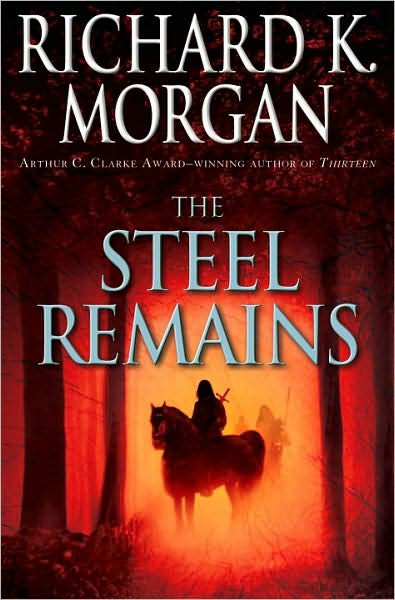
7. **Richard Chamberlain (1934–2025)**Finally, we arrive at the figure who anchors our central discussion, Richard Chamberlain, an American actor born in 1934 whose remarkable career, continuing into the future as indicated by the 2025 date, epitomizes a ‘legendary legacy in entertainment.’ His ‘strength in rule’ is expressed through the nuanced portrayal of characters, the ability to transport audiences into different worlds, and the enduring power of his performances that resonate across generations. As an actor, he commands the narrative, bringing depth and humanity to every role he undertakes.
An actor’s power lies in their capacity for empathy, transformation, and communication, skills that Richard Chamberlain has demonstrated with exceptional grace throughout his long and distinguished career. His ability to inhabit diverse roles, from romantic leads to complex dramatic figures, speaks to a profound dedication to his craft and an innate understanding of the human condition. This mastery allows him to ‘rule’ the emotional landscape of a story, guiding the audience’s reactions and ensuring that the narrative’s core message is powerfully conveyed.
Chamberlain’s enduring presence in the entertainment industry is a testament to his talent and adaptability, qualities that have allowed him to maintain relevance and continue to contribute significantly to film, television, and theatre. His longevity is a hallmark of a truly legendary career, illustrating how consistent excellence and a deep commitment to artistry can build a legacy that transcends transient trends. He has, for decades, commanded respect and admiration through his compelling performances, maintaining a strong and recognizable presence in the public consciousness.
Richard Chamberlain’s legacy is one built upon the profound impact of performance, captivating audiences and shaping popular culture through his indelible portrayals. He embodies the ‘strong in rule’ meaning of his name by commanding the stage and screen, leaving an enduring mark on the hearts and minds of viewers worldwide. His career stands as a testament to the powerful and lasting influence that a dedicated artist can wield, securing his place as a truly iconic figure in the annals of entertainment history, reflecting the enduring power and prestige associated with the name Richard.
The journey through the illustrious legacies of those named Richard continues, revealing further dimensions of their indelible impact across the modern world and through time. From the groundbreaking shifts in cinematic storytelling to the profound truths unearthed by science, the athletic arenas where legends are forged, and the strategic command of military leaders, the name Richard consistently resonates with individuals who have exerted a powerful and lasting influence. We further explore those who have left an enduring mark in the literary and visual arts, and dive into the historical depths of dramatic performance, showcasing the pervasive ‘strength in rule’ inherent in this celebrated name.
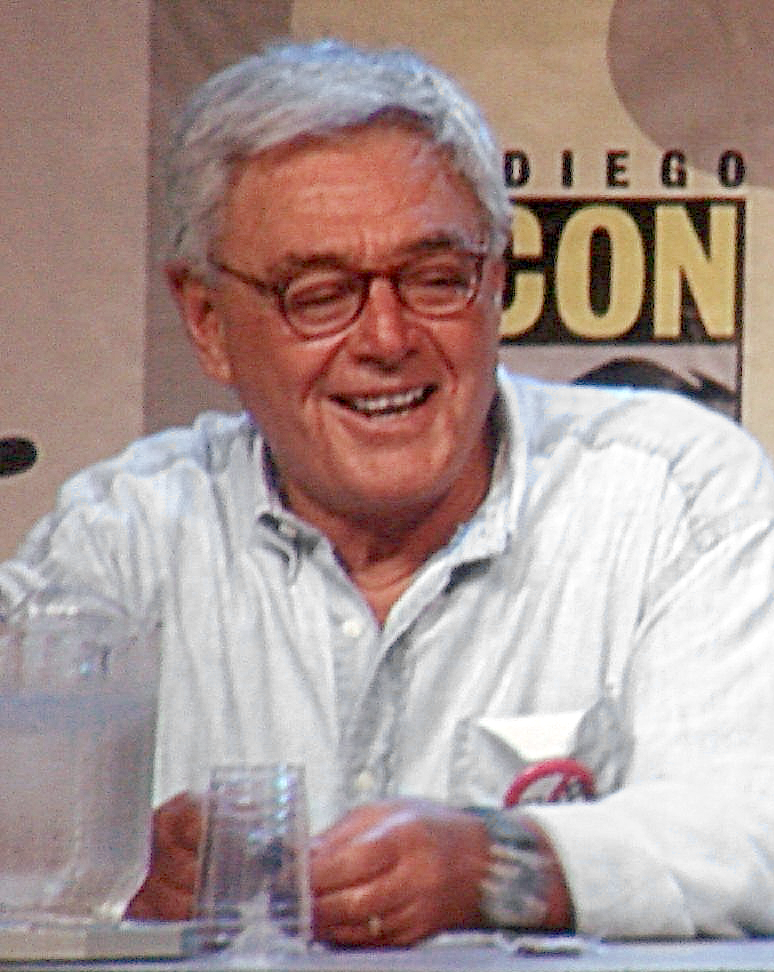
8. **Richard Donner (1930–2021)**In the dynamic landscape of cinematic innovation, Richard Donner stands as a towering figure whose visionary direction reshaped Hollywood and captivated global audiences. Born in 1930, Donner’s career, which spanned decades until his passing in 2021, was marked by a series of monumental achievements that not only entertained but also fundamentally influenced the genres he touched. His ‘strength in rule’ in the film world was manifest in his ability to command complex productions and imbue his stories with an enduring sense of both grand spectacle and heartfelt humanity.
Donner’s groundbreaking work on ‘Superman: The Movie’ (1978) is a testament to his cinematic prowess. He famously insisted on a tone of genuine believability and earnestness, famously proclaiming his mission as ‘verisimilitude,’ ensuring that audiences truly believed a man could fly. This approach not only elevated the superhero genre from camp to a serious narrative art form but also established a benchmark for all subsequent comic book adaptations, proving that even the most fantastical stories could be treated with dramatic integrity. His commitment to this vision required immense fortitude against studio pressures.
His directorial footprint expanded across diverse and highly successful film series, including the ‘Lethal Weapon’ franchise, which redefined the buddy-cop action genre with its blend of explosive action and witty dialogue. Beyond the blockbusters, Donner also helmed beloved classics like ‘The Goonies’ and ‘Scrooged,’ showcasing a remarkable versatility and a keen understanding of popular appeal. His ability to consistently deliver films that resonated with wide audiences solidified his reputation as a master storyteller, capable of extracting captivating performances from his actors and crafting unforgettable cinematic experiences.
Richard Donner’s legacy is one of a true pioneer, a director who understood the magic of movies and possessed the ‘strength in rule’ to bring his grand visions to life. His contributions to cinematic language and his unwavering dedication to quality storytelling left an indelible mark on Hollywood, influencing generations of filmmakers and continuing to enchant viewers across the globe. He remains a powerful symbol of how a director’s vision can shape the very fabric of popular culture and leave an unshakeable, iconic legacy.
9. **Richard Feynman (1918–1988)**Venturing into the profound and often perplexing realm of scientific inquiry, Richard Feynman, born in 1918 and living until 1988, exemplified a ‘strength in rule’ that transcended mere academic achievement, establishing dominion over the very understanding of the natural world. A Nobel Prize-winning American theoretical physicist, Feynman was celebrated not only for his revolutionary contributions to quantum electrodynamics but also for his uniquely charismatic teaching style and his unwavering commitment to intellectual honesty. His impact on science and public understanding of it was truly profound.
Feynman’s seminal work in quantum electrodynamics (QED), for which he shared the Nobel Prize in Physics in 1965, provided a unified theory describing the interaction of light and matter. His innovative ‘Feynman diagrams’ became an indispensable tool for physicists, simplifying complex calculations and offering intuitive visual representations of subatomic particle interactions. This groundbreaking work showcased a mind of extraordinary analytical power, one capable of not only deciphering the universe’s intricate laws but also devising novel ways to explain them.
Beyond his theoretical brilliance, Feynman was a legendary educator, known for his unconventional and engaging lectures that demystified complex scientific concepts for both students and the public. His insatiable curiosity and playful skepticism, articulated in books like ‘Surely You’re Joking, Mr. Feynman!’, made him a cultural icon, bringing a human face to the often-intimidating world of physics. He believed in the joy of discovery and the importance of questioning everything, inspiring countless individuals to pursue scientific understanding with passion and rigor.
Richard Feynman’s legacy is defined by his scientific breakthroughs, his unparalleled ability to communicate the wonder of physics, and his embodiment of the scientific spirit. He demonstrated how a ‘strong in rule’ can manifest through intellectual leadership and a profound dedication to unraveling the universe’s mysteries, leaving an enduring mark on scientific thought and inspiring a global appreciation for the pursuit of knowledge. He remains a vivid testament to the power of a brilliant mind to shape our understanding of reality.

10. **Richard Petty (born 1937)**From the intellectual rigor of science, we accelerate into the thrilling, high-octane world of professional sports, where Richard Petty, born in 1937, reigns as an undisputed legend. Known universally as ‘The King’ in NASCAR, Petty’s career epitomizes a ‘strength in rule’ through unparalleled athletic prowess, competitive dominance, and an enduring connection with millions of fans. His name is synonymous with stock car racing, and his legacy has profoundly shaped the very identity of American motorsport, solidifying his status as a national icon.
Petty’s statistics are staggering, a testament to his extraordinary talent and longevity in a sport demanding both skill and courage. He holds the record for most career wins (200), most poles (123), most laps led (51,400+), and, crucially, a record-tying seven NASCAR Cup Series championships. His distinctive blue number 43 car, often adorned with the STP logo, became one of the most recognizable symbols in sports, representing an era of dominance that has rarely been matched in any competitive field. His presence on the track was always a commanding one.
Beyond the numbers, Richard Petty cultivated a persona that resonated deeply with the American public. He was a humble, approachable champion, embodying the spirit of grassroots racing while simultaneously achieving professional greatness. His charisma and genuine rapport with fans helped elevate NASCAR from a regional pastime to a national phenomenon. His unwavering dedication to the sport, coupled with his gracious demeanor, made him a beloved figure far beyond the confines of the racetrack, earning him a place in the hearts of sports enthusiasts.
Richard Petty’s legacy is one of a true sporting monarch, whose ‘strength in rule’ was forged through exceptional talent, relentless pursuit of victory, and an enduring connection to his sport’s cultural roots. He not only dominated NASCAR for decades but also played a pivotal role in popularizing it, leaving an indelible mark on the landscape of American sports. He stands as a vibrant, living example of how the name Richard continues to be associated with individuals who command their chosen arenas with unwavering resolve and legendary success.

11. **Richard Myers (born 1942)**Shifting our gaze to the solemn sphere of military distinction, General Richard Myers, born in 1942, embodies a ‘strength in rule’ demonstrated through unwavering leadership, strategic acumen, and steadfast service at the highest echelons of the United States Armed Forces. As a distinguished officer of the U.S. Air Force, culminating in his role as the 15th Chairman of the Joint Chiefs of Staff, Myers navigated a tumultuous period in American history, leading with quiet authority and profound integrity. His career is a testament to the weight of responsibility inherent in safeguarding national security.
General Myers’ extensive career saw him rise through the ranks, serving in key command and staff positions across various Air Force commands. His experience spanned fighter operations, strategic planning, and international relations, preparing him for the immense challenges he would face. It was his calm and collected leadership, particularly in the immediate aftermath of the September 11th attacks in 2001, that solidified his place in history, as he became a visible and reassuring presence for the nation during a time of unprecedented crisis and uncertainty.
As Chairman of the Joint Chiefs of Staff from 2001 to 2005, Myers served as the principal military advisor to the President, the Secretary of Defense, and the National Security Council. He played a crucial role in planning and executing military operations in Afghanistan and Iraq, steering the U.S. military through complex global conflicts. His leadership during this critical period showcased a formidable ‘strength in rule’ not through overt displays of power, but through thoughtful counsel, strategic foresight, and the difficult art of wartime command.
Richard Myers’ legacy is one of exceptional military leadership, demonstrating how the name Richard is associated with individuals who shoulder immense responsibility and guide their nations through peril. His impact is measured not only in strategic outcomes but also in the quiet dignity and professional excellence he brought to his office, inspiring confidence and trust. He stands as a powerful example of a ‘strong in rule’ figure whose life defined an era of national defense, leaving an inescapable mark on the security and direction of the United States.
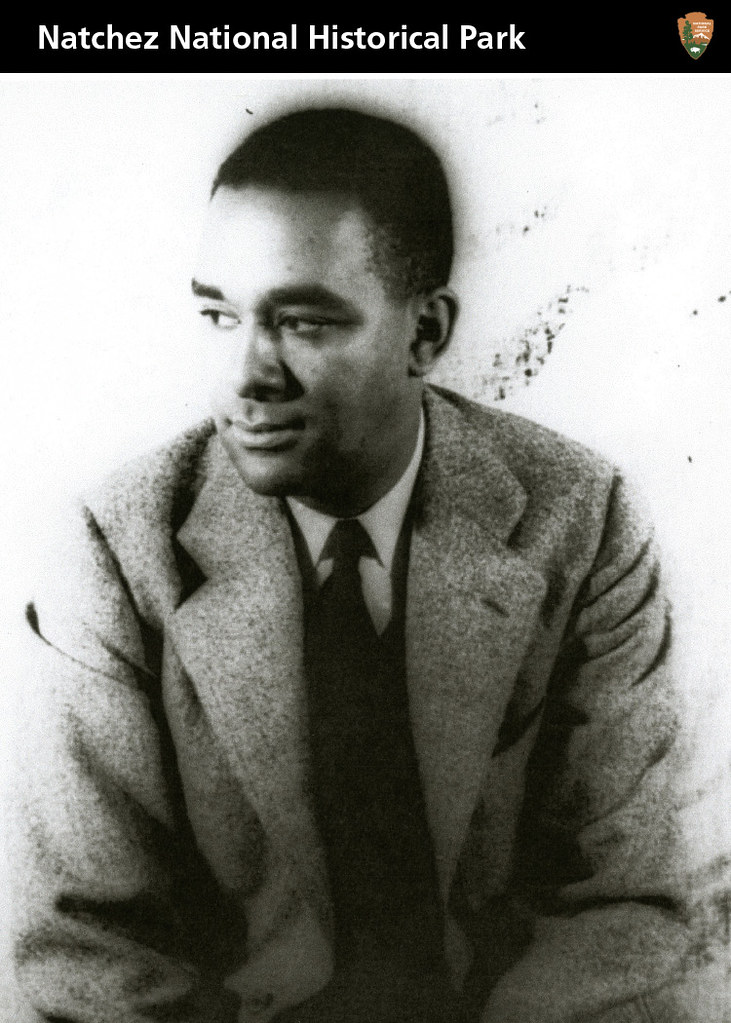
12. **Richard Wright (1908–1960)**Turning our attention to the potent realm of literary brilliance, Richard Wright, born in 1908 and passing in 1960, stands as a pivotal American novelist, essayist, and short story writer whose profound works illuminated the harsh realities of racial injustice and economic hardship in the 20th century. His ‘strength in rule’ manifested through his unflinching honesty and powerful prose, daring to articulate the often-silenced experiences of African Americans and fundamentally reshaping the landscape of American literature. He wielded words with a revolutionary force, challenging societal norms.
Wright’s most celebrated novels, *Native Son* (1940) and his autobiography *Black Boy* (1945), are cornerstones of American realism and naturalism. *Native Son*, with its protagonist Bigger Thomas, exposed the systemic oppression and psychological toll of racism, sparking widespread debate and forcing a national confrontation with uncomfortable truths. His ability to craft characters and narratives that were both deeply personal and universally resonant marked him as a literary giant, capable of eliciting empathy and outrage in equal measure.
His writing was characterized by a raw power and a commitment to social critique, fearlessly exploring themes of alienation, identity, and the struggle for dignity in a segregated society. Wright was a master of narrative storytelling, using vivid descriptions and intense psychological portraits to immerse readers in the lives of his characters. His work, often controversial in its time, forced readers to confront the moral complexities of American society, making him a central figure in the development of African American literature and a voice for social change.
Richard Wright’s legacy is one of a literary titan who, through sheer creative will and moral courage, expanded the boundaries of American letters. He exemplified a ‘strong in rule’ through the enduring impact of his written word, shaping not only literary aesthetics but also public consciousness regarding race and class. His life underscores how the name Richard is intrinsically linked to individuals who wield immense influence, not just over readers, but over the very evolution of culture and social justice, leaving an indelible mark on the human spirit.

13. **Richard Avedon (1923–2004)**In the captivating world of visual artistry, Richard Avedon, born in 1923 and passing in 2004, emerged as one of the most influential and revolutionary photographers of the 20th century. His ‘strength in rule’ was expressed through his distinctive and often startling approach to fashion and portrait photography, redefining both genres and leaving an indelible mark on art, culture, and public perception. Avedon possessed an uncanny ability to strip away artifice, revealing the raw essence and emotional depth of his subjects with unparalleled clarity and vision.
Avedon’s signature style, characterized by stark white backgrounds, natural light, and a focus on capturing unguarded moments, transformed fashion photography from static poses to dynamic, narrative-driven images. His work for *Harper’s Bazaar* and *Vogue* broke conventions, showcasing models in motion and injecting a sense of vitality and storytelling into haute couture. This innovative perspective not only elevated fashion photography to an art form but also influenced how beauty and style were perceived and presented, moving beyond mere commercialism.
His portraiture, equally iconic, delved deep into the psychological landscapes of his subjects, from celebrities and politicians to artists and ordinary people. Avedon’s black-and-white images often presented a raw, unvarnished truth, eschewing flattering poses for expressions that revealed vulnerability, intensity, and complex inner lives. His famous series, ‘In the American West,’ captured the dignity and hardship of marginalized individuals, demonstrating his profound empathy and his commitment to using photography as a tool for social commentary.
Richard Avedon’s legacy is defined by his profound artistic innovations and the enduring power of his images, which continue to resonate with viewers and inspire aspiring photographers worldwide. He stands as a towering figure in visual art, a ‘strong ruler’ who, through sheer creative force, expanded the boundaries of photography and created a body of work that continues to captivate and challenge our perceptions. His life underscores how the name Richard is intrinsically linked to individuals who wield immense influence over the evolution of artistic expression and our collective visual culture.

14. **Richard Burbage (1568–1619)**Concluding our exploration of remarkable individuals named Richard, we journey back to the very foundations of dramatic performance, to Richard Burbage, born in 1568 and passing in 1619. As the leading actor of William Shakespeare’s Lord Chamberlain’s Men and a co-owner of the Globe Theatre, Burbage embodied a ‘strength in rule’ that was not merely about portrayal, but about fundamentally shaping the art of acting and the infrastructure of English theatre during its golden age. His influence was foundational, setting benchmarks for centuries of dramatic interpretation.
Burbage was the original and most celebrated interpreter of many of Shakespeare’s greatest tragic heroes, including Hamlet, Othello, King Lear, and Richard III. His performances were legendary, renowned for their emotional depth, powerful delivery, and a transformative ability that captivated audiences. He brought these iconic characters to life with an intensity and nuance that set the standard for dramatic realism, helping to establish the conventions of professional acting in a way that continues to inform theatrical practice today.
Beyond his magnetic stage presence, Burbage’s impact extended to the business of theatre itself. As a shareholder in the Globe Theatre, he played a crucial role in its establishment and success, contributing to the development of a professional theatrical industry. This dual role as both a preeminent artist and a shrewd entrepreneur allowed him to exert a profound ‘rule’ over the evolution of dramatic arts, ensuring that the stage remained a vibrant and central pillar of English culture, reaching across all social strata.
Richard Burbage’s legacy is one of unparalleled influence in the history of dramatic performance, cementing the art form’s power to move, challenge, and entertain. He stands as a seminal figure, a ‘strong ruler’ who, through his groundbreaking portrayals and his instrumental role in shaping the Elizabethan theatre, left an indelible mark on how stories are told and experienced on stage. His life powerfully illustrates how the name Richard is intrinsically linked to individuals who command their craft and help to build the very institutions that foster enduring artistic expression.
As we conclude this journey through the lives of fourteen extraordinary Richards, from ancient kings to modern cultural shapers, it becomes undeniably clear that the name itself is a beacon of strength, leadership, and enduring legacy. Whether through military might, political acumen, entrepreneurial spirit, scientific discovery, athletic dominance, or artistic genius, each Richard we have encountered has, in their unique way, exemplified the profound etymological roots of ‘strong in rule.’ These individuals have not merely passed through history; they have carved their names into its very fabric, leaving behind a rich tapestry of achievements that continue to inspire and resonate. Their stories serve as a vibrant testament to the remarkable power of individual will and vision, collectively affirming that the name Richard is indeed a synonym for a legendary and impactful life.

